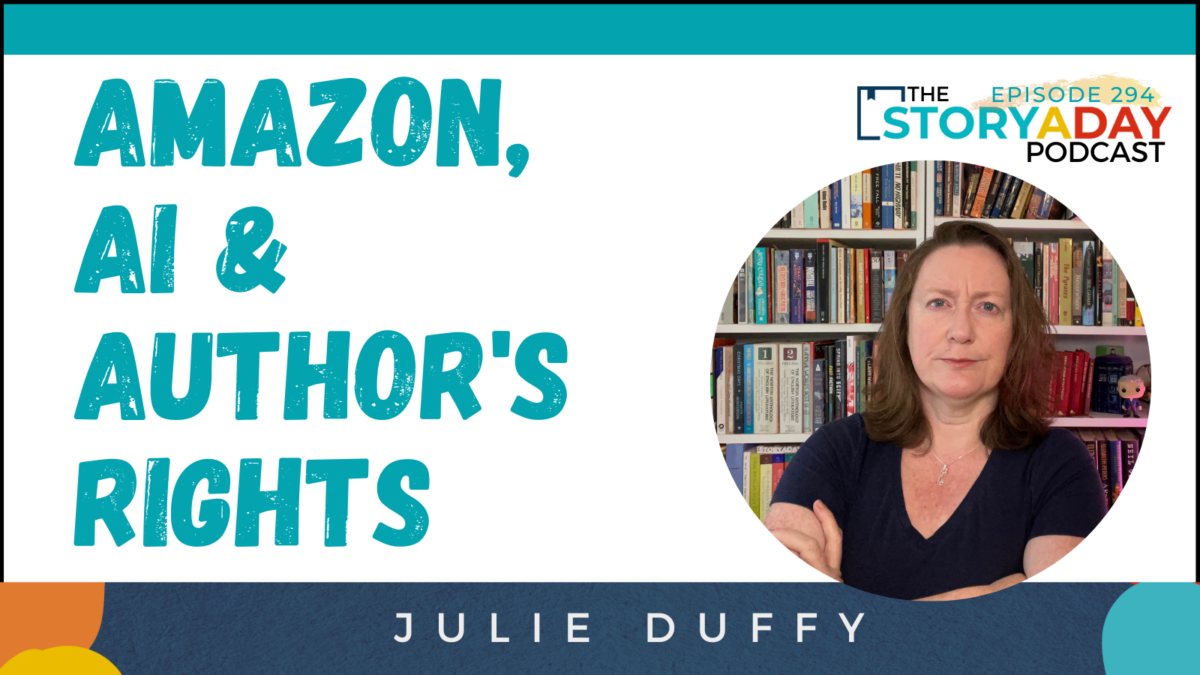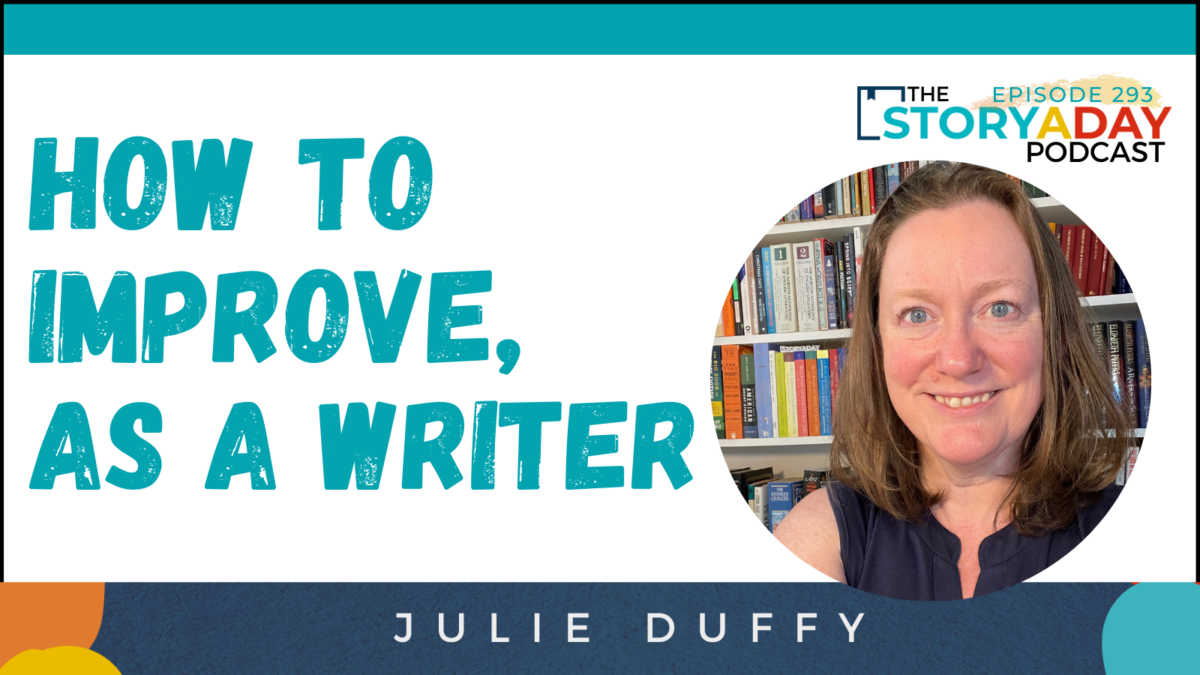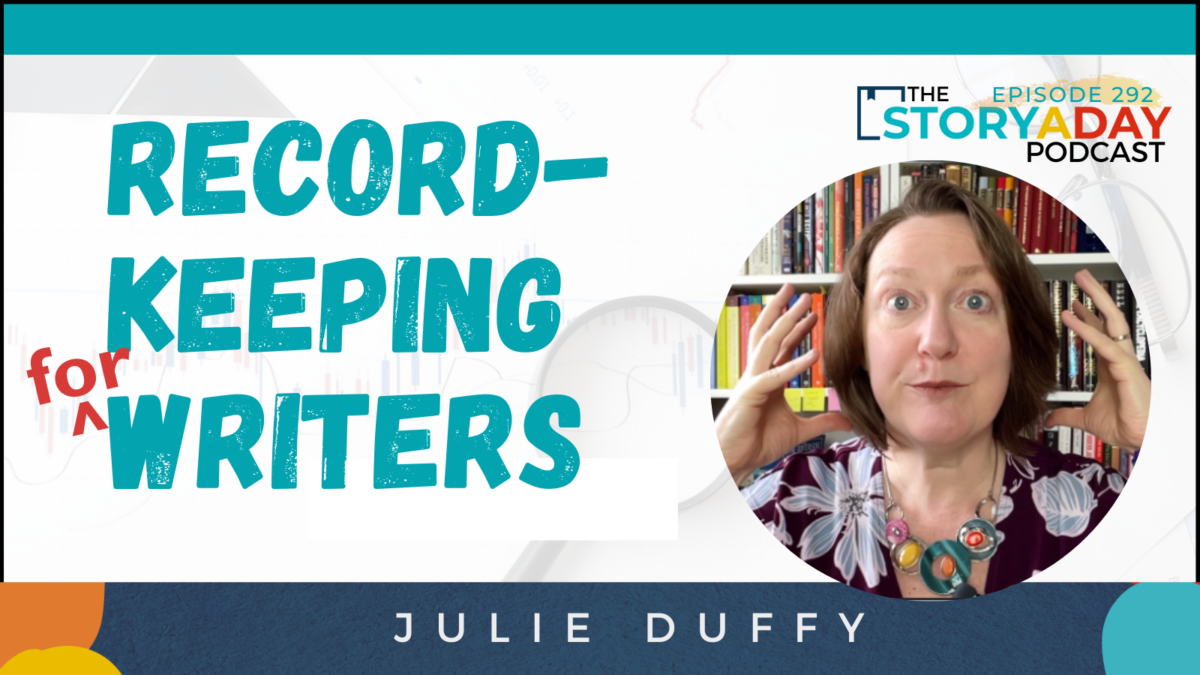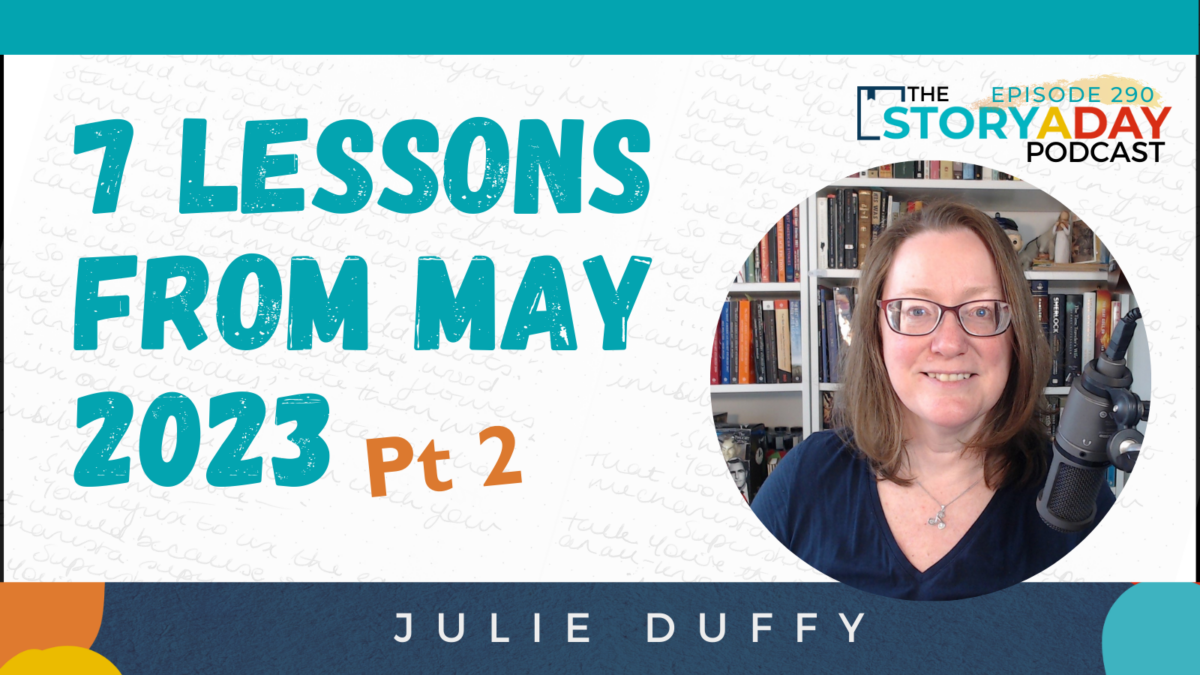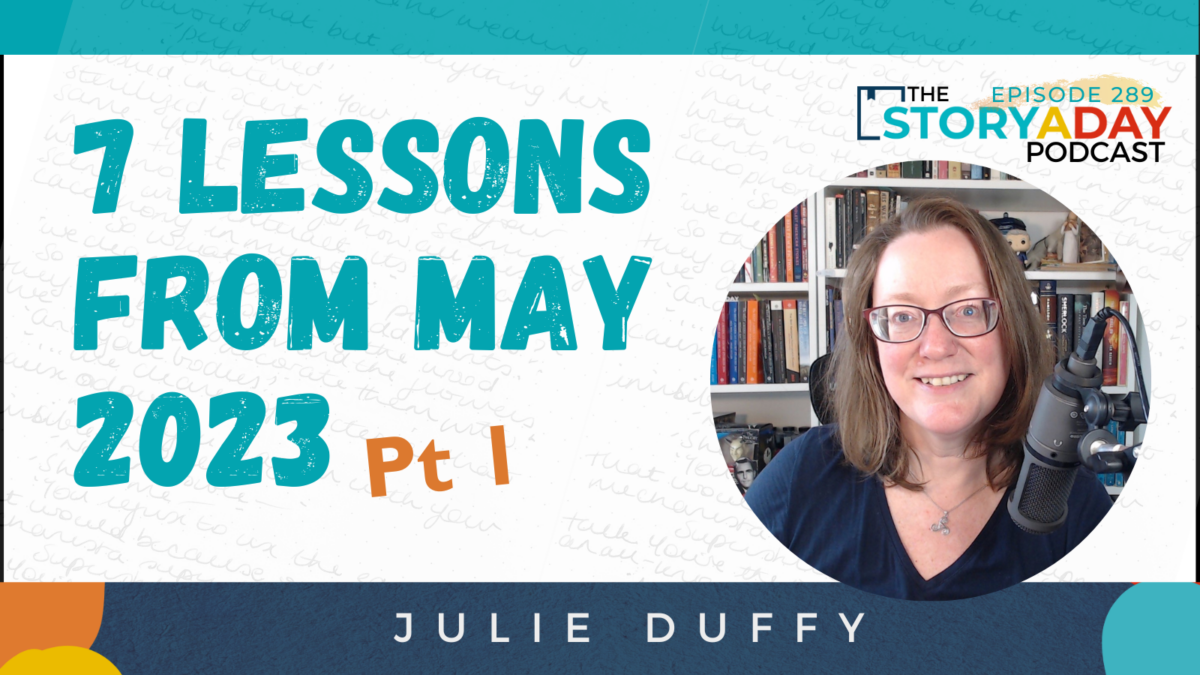This week author Jane Friedman noticed that someone had used her name on a bunch of junk, AI-generated books about writing, and they had become attached to her profile on Amazon and Goodreads…and the kicker is that there is no due diligence done by these companies to make sure the books were actually hers. Their response? “Trademark your name, or there’s nothing we can do about it.”
Which is patently nonsense.
But, lest you get discouraged about having to monitor identity theft as yet another writing-adjacent task youhave to ad to your to-do list, I have some thoughts on what authors can do instead.
Also in this episode: the Importance of Celebrations, and some tips for how to do that.
Want to jump straight to the part where you’re celebrating your writing? Buy the workbook now!

LINKS:
The Importance of Celebrations Workbook: http://stada.me/wb-celebrations
This episode: https://storyaday.org/episode294
Some Author Advocacy Groups:
The Alliance of Independent Authors: https://www.allianceindependentauthors.org/
The Author’s Guild: https://authorsguild.org/
Science Fiction and Fantasy Writers of America: https://www.sfwa.org/
PEN America: https://pen.org/
Subscribe to the podcast and don’t miss an episode
Sign up for the StoryADay Anytime Challenge: https://storyaday.org
Want to go deeper?: Take the 3-Day Challenge
Video Version
Support the podcast
And finally a remainder that know you can support this podcast, if you would like to, which some people have asked me about and to do that, you go to glow.fm/storyaday, and you can make a one-time or recurring donation to keep the show going. And I really appreciate your support. That’s it from me this week. Happy writing. And I’ll see you again soon.

